April 4, 2019
A twenty minute connection with natural surroundings reduces stress
 A twenty to thirty minute stroll in a park is one of the best ways to reduce stress levels for people in cities and as a way of dealing with workplace related anxiety, claims a new study from researchers at the University of Michigan. The study Urban Nature Experiences Reduce Stress in the Context of Daily Life published today in the Journal Frontiers in Psychology suggests that any half hour connection with surroundings that make people feel connected to the natural world can reduce the key stress hormone by around 10 percent and so improve a person’s sense of wellbeing. Longer period of time increase the beneficial effects but at lower levels. (more…)
A twenty to thirty minute stroll in a park is one of the best ways to reduce stress levels for people in cities and as a way of dealing with workplace related anxiety, claims a new study from researchers at the University of Michigan. The study Urban Nature Experiences Reduce Stress in the Context of Daily Life published today in the Journal Frontiers in Psychology suggests that any half hour connection with surroundings that make people feel connected to the natural world can reduce the key stress hormone by around 10 percent and so improve a person’s sense of wellbeing. Longer period of time increase the beneficial effects but at lower levels. (more…)








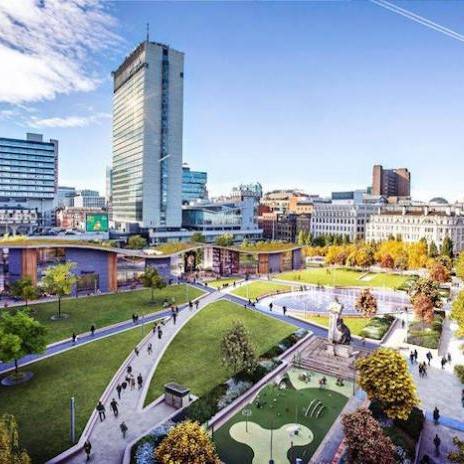
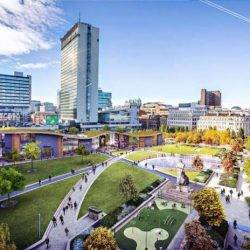 The economic performance of UK cities is increasingly dependent on the skills of their workforce. Cities across the UK face the challenge of both attracting and retaining high-skilled talent. The
The economic performance of UK cities is increasingly dependent on the skills of their workforce. Cities across the UK face the challenge of both attracting and retaining high-skilled talent. The 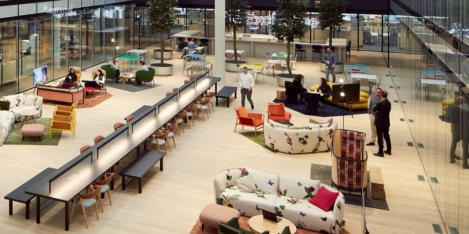
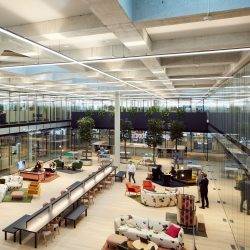












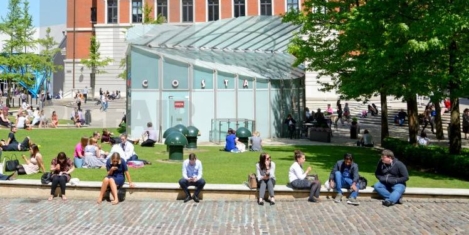
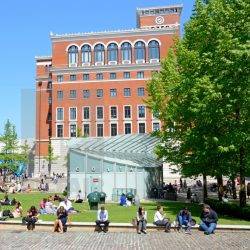









April 3, 2019
Coworking and a new golden era for the workplace and the people who inhabit it
by Gary Chandler • Comment, Coworking, Workplace design
(more…)